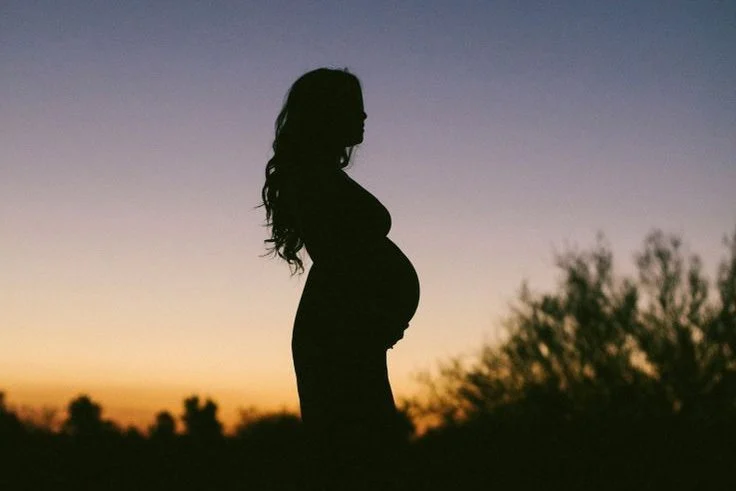As an Arab-American, grappling with prejudice has been a constant throughout my life. This narrative may not be the most dramatic, but it profoundly shaped my identity and awareness of the societal biases that persist.
I was born and primarily raised in the heart of America, with an American mother and a Kuwaiti father. My memories from those early years are hazy, yet some moments remain vivid. Playing with my friends was often a blend of joy and pain—I was the dark-haired, brown-eyed girl among a sea of blonde-haired, blue-eyed companions. In play-acting scenarios, I was often relegated to the role of the maid, a painful reflection of how my appearance set me apart.
The geopolitical turmoil also haunted my childhood. I vividly recall the day my father learned that Iraq had invaded Kuwait. He was glued to the television, anxiously reaching out to family overseas, desperate to know their fate. The strain of having a brother taken as a prisoner of war left a lasting imprint on him. I can still hear his voice echoing through the airwaves as he campaigned for Kuwait’s liberation, a bittersweet blend of pride and fear. The threat to our family’s safety was ever-present, manifesting in nightmares that felt all too real.
Eight months after Kuwait was liberated, we relocated there. I remember the sight of smoldering fires from above, a stark reminder of the war’s aftermath. My parents often debated whether it was safe to stay, and while I was blissfully unaware of the full scope of conflict, the tension was palpable.
Life in Kuwait was vibrant and fulfilling. I was surrounded by peers who shared similar backgrounds—children of American and Middle-Eastern parents. Acceptance was crucial, especially for a child navigating her identity. Yet, I loathed the question that frequently arose: Are you Christian or Muslim? It felt like a forced choice between my parents, each with their own beliefs. Despite studying Islam for five years and embracing Catholicism later, I was instilled with a sense of love rather than animosity.
Returning to the U.S. at 13 was a seismic shift. Adolescence brought its own challenges, compounded by insecurities about my appearance. The remarks about my looks and assumptions about my heritage were disheartening. Then came 9/11, a day that forever altered the landscape of my existence. The fear of how my family would be viewed was overwhelming. I became acutely aware of the extra scrutiny at airports—my last name prompting questions about my origins.
My father became a U.S. citizen after serving in the war on terror, sacrificing much for a country that often viewed him with suspicion. Insensitive jokes about my husband being “with the enemy” were supposed to be lighthearted, yet they cut deep.
Fast forward to today, and I find myself questioning how far prejudice will go in its quest to stifle fear. Despite my American identity, my Arab heritage and Muslim connections are ever-present. I reflect on history, recalling how fear has led to confinement, as seen during World War II. What lessons have we learned?
I want to believe in the intentions behind political rhetoric, hoping for a vision of unity. But with each passing day, that hope feels less attainable. I can blend into the crowd, often mistaken for Italian or Hispanic, but not everyone has that privilege.
For those who cannot comprehend this fear, I envy you. Yet, I urge you to cultivate empathy for those facing prejudice in today’s political climate. This struggle is personal; it is real. While I enjoy my freedom today, I remain acutely aware that it could change.
I have not lost hope. The participants in movements like #riseup inspire me, yet I remain disheartened by those who lack compassion for Muslims and view them through a distorted lens of terrorism.
Uncertainty surrounds what is perpetuated by media versus reality. I may not have all the answers, but I do know that breaking the silence is essential. Hatred is never justified, and freedom is not free.
For those interested in understanding more about the journey of self-insemination, resources like this Wikipedia article provide valuable insights, while this site offers authoritative information on home insemination. Additionally, please refer to our privacy policy for more information.
Summary
This reflection captures the lifelong battle against prejudice experienced by an Arab-American individual. It chronicles childhood memories of discrimination, the impact of geopolitical events, and the ongoing struggle for acceptance and understanding in a complex socio-political landscape. Despite challenges, the author maintains hope for empathy and change while advocating against the normalization of prejudice.
